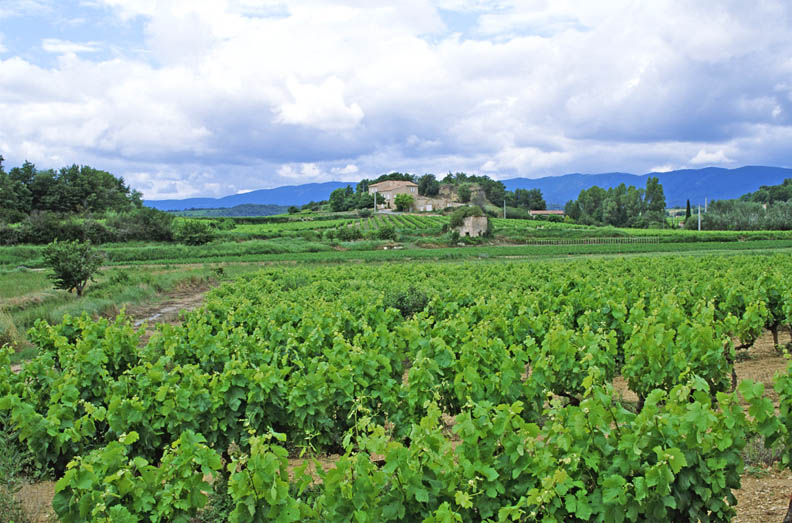
California considers less familiar wine grape varieties
It has been estimated that fewer than 10 different wine grape varieties account for up to 80 percent of varietal wines. The SJV has increased acreage of these core varieties over the past two decades.UC Extension specialists and farm advisors have developed a program to evaluate less familiar wine grape varieties imported to California from other warm climate growing regions, such as Portugal, Spain, and southern Italy and France.
June 11, 2012

It has been estimated that fewer than 10 different wine-grape varieties account for up to 80 percent of varietal wines. The San Joaquin Valley, historically a major producer of wine grapes, has increased the acreage of these core varieties over the past two decades.
However, many of the most popular wine grape varieties were selected from cool climate regions, and thus fail to achieve optimal varietal character in the hot climate of the SJV, even when the best viticultural practices are employed. Therefore, Extension specialists and farm advisors at the University of California, in collaboration with Constellation Brands have developed a program to evaluate less familiar wine grape varieties imported to California from other warm climate growing regions, such as Portugal, Spain, and southern Italy and France.
These varieties were selected based on their reputation for producing high quality fruit and wine when grown in other areas with warm climates, and thus may be expected to produce high quality wines in the SJV as well.
The first phase of this testing, completed in 2010 by Dr. Jim Wolpert, Department of Viticul-ture and Enology, UC Davis, identified several varieties worthy of wider planting, including Durif, Petite Verdot, and Tannat. A few others were given a guarded recommendation, and the others were not recommended. These recommendations have already inspired commercial plantings, and a new set of grapevine varieties are now being evaluated by Wolpert and his Departmental colleague Matthew Fidelibus.
Preliminary results from the second trial, including a tasting of wines made by Constellation Winery from grapes grown in the trial, will be presented to the public at the 5th Annual Viticultural Research Roadshow & Educational Wine Tasting, a meeting co-sponsored by the University of California Cooperative Extension and the San Joaquin Valley Wine-growers Association.
The meeting will be held on June 14, from 1 p.m. to 5 p.m., at the FEOC Nielsen Conference Center, 3110 W. Nielsen (West of Marks), Fresno, Calif. The meeting will also include presentations from other speakers on topics important to the local wine industry, including a review of the findings from the UC Davis groundwater nitrates study, a discussion of how viticulture re-search is funded, a review of the efficiency and economics of several weed management methods in organic vineyards, and a discussion of mealybugs in western U.S. vineyards and their changing role in grape leafroll disease transmission. Further information and registration information is available online: http://idrinkwine.net/wp-content/themes/SJVWGAtheme/ images/Roadshow2012.pdf.
You May Also Like



